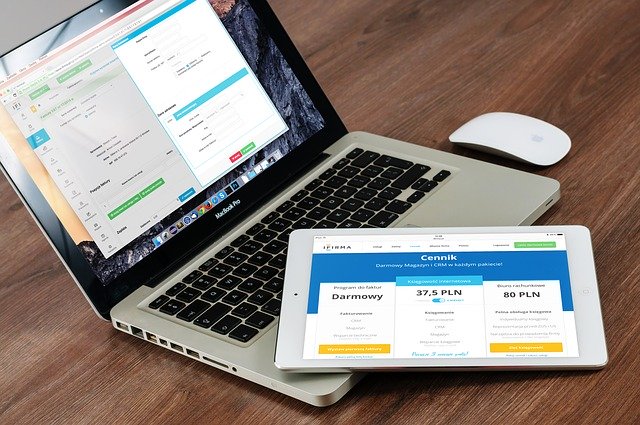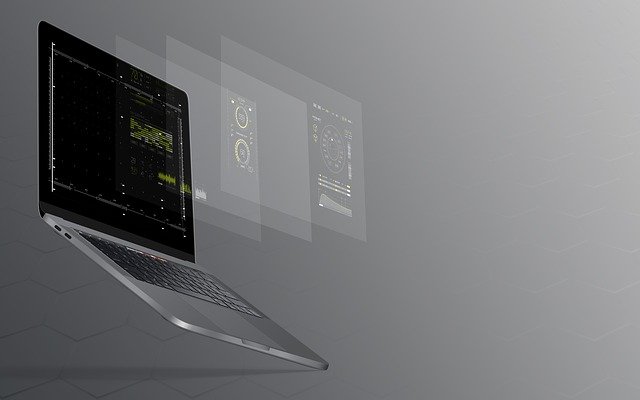Web scraping is a popular way to retrieve web pages and analyze content. There are many web scrapings methods, such as scraping with Javascript, software, or the Cloud. Whatever type of scraper you choose, it is imperative to use a web proxy to protect your IP address from detection by the target websites and avoid getting blocked. 
What Is a Proxy Server
A proxy server is a gateway between the user and the internet. All user requests are funneled through the proxy server and are forwarded to the website, so it seems that they are coming directly from the user. During this process, the user’s IP is disguised, and the IP of the proxy is detected by the website instead. This provides anonymity to the user and data protection.
Why Use Proxies for Web Scraping
Because proxies present in websites with an IP address that doesn’t belong to the user, proxies are ideal for web crawling and web scraping. Most website managers are sensitive to a sudden increase in activity on their sites. Although traffic is something they aim for, they are on the lookout for web scraping and sometimes use bots to automatically block any IP address that seems to be retrieving large amounts of data from their site.
Because websites try to prevent web scraping, it is important to use proxies for web scraping to keep your IP hidden. It is also a good idea to have rotating proxies or multiple proxies so your proxy doesn’t get banned by the website.
How Many Proxies Do You Need?
When you start web scraping, you may only need a few proxies, but it is worthwhile to have extra as your project scales upward. It is essential not to overload your proxies with too many requests. Websites start to get suspicious if they receive more than 300 to 500 requests from a user in a single visit. If one user makes too many requests, the website can start to throttle and slow down requests or block the IP altogether.
To calculate how many proxies you need, divide the number of requests you expect to make per hour by 500 or perhaps 300, depending on how cautious the site seems to be. The result is the number of proxies you need for web scraping. As you scale your scraping, you will use more.

What Type of Proxies Do do You Need for Web Scraping?
Many types of proxies can be used for web scraping. Three main categories are shared, public, and dedicated. Shared proxies make servers and addresses available to several users.
Shared proxies may be less expensive than dedicated proxies, but there may be concerns about scraping over the limit if other users are also retrieving data from the same place. This may not sound so coincidental when considering that Amazon, eBay, and other eCommerce and social media platforms are frequent target areas for web scraping.
Public or open proxies are free and can be used by anyone. These proxies usually should be avoided because they can be used indiscriminately and make users vulnerable to data theft. In addition to dedicated, shared, and public proxies, three other categories include datacenter, residential, and mobile IPs.
Datacenter IPs
Datacenter IPs are IPs that are issued by data centers and not internet providers. When its source is examined, it shows the company that owns the data center. This means that websites that are careful about preventing web scraping may view an IP that is clearly from a datacenter differently than they would a residential IP.
Datacenter IPs may be sufficient for web scraping if you are only going to scrape a limited number of pages. You may know that a site is not as concerned about web scraping as some others, and could feel safer using a datacenter IP with these than others.
Residential IPs
Residential IPs are often considered the best choice for web scraping because they are issued by Internet Service Providers and appear to websites like an IP address from a regular user. These types of IPs cost more than others because they are associated with a fixed IP address. They are less likely to be identified as proxies than data center IPs, but both types do the job of masking a user’s IP address from a website’s detection.

Be Safe, Use a Proxy
When web-scraping, using a proxy is essential for allowing you to perform your online tasks anonymously and to avoid getting blocked. Choosing a safe proxy within your budget is simple with some research. Whether you chose a residential IP or a datacenter IP, consider how much data you will be scraping, how often you will be scraping, and which sites you will extract content from.







